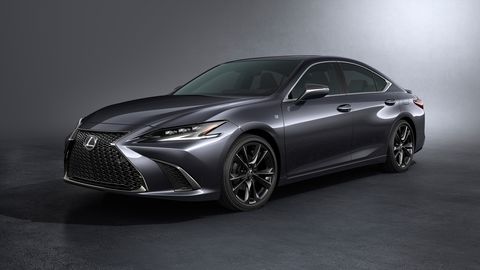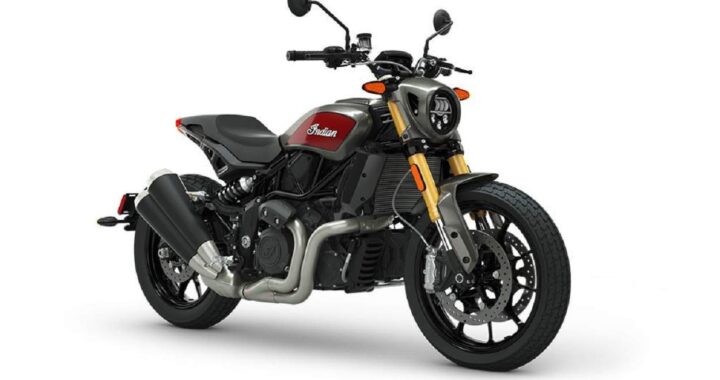Pros of hybrid cars
4 min read
So, you’re thinking about making the environmentally-friendly switch to a hybrid car. There’s too much to consider when buying a hybrid, so here are a few pros and cons to help you make the leap.
What is a hybrid?
Unlike regular, gas or diesel cars, a hybrid car runs on two engines – a tiny gasoline engine supplemented by a robust electric engine. These are made to use less fuel and help you drive better.
Pros of driving a hybrid car:
Cleaner energy. You’re using less fuel which is way better for environmental surroundings, and is a huge plus for driving a hybrid. Even the production of hybrids uses less fuel because they’re manufactured from lighter materials.
Incentives. Some insurance companies may give a 5-10% discount on the insurance for your hybrid because you’re earth-friendly!
Braking recharges the battery. Because a hybrid runs on petrol and electricity, the battery doesn’t need to be plugged in to charge. The nice thing about hybrids is that braking actually charges the battery, so there’s you don’t need to charge it as often!
Durability means less maintenance. As the electric engine kicks in when you’re driving shorter, stop-and-start distances, there’s less deterioration on your engine.
A hybrid car is one which uses several method of propulsion – that means combining a petrol or diesel engine with an electric motor.
The main advantages of a hybrid are that it will consume less fuel and emit less CO2 when compared to a comparable conventional petrol or diesel-engined Lexus vehicle.
Because hybrid cars often have lower CO2 emissions than conventionally engined cars, their owners could also get extra benefits in the form of lower first year road tax and company car tax, as well as possibly avoiding congestion charges.
How do hybrid cars work?
Hybrid cars have a conventional engine, a power motor and a battery. You will discover three different kinds of hybrids and each works in a different way.
- Parallel hybrid cars
Toyota Prius front
These are the most frequent type of hybrid, and the Toyota Prius is the most common example. The car’s wheels can be powered in three different ways: either directly by the engine, by the electric motor alone, or by both power sources working together.
When pulling away, and at speeds up to 15mph, the Prius only uses the electric motor for power, making it very economical for stop-start city driving. The petrol engine cuts in as speed increases, and it can be used most during hard acceleration.
Whenever you decelerate or use the brakes, the regenerative braking system produces electricity and stores it in the battery for use later on. The battery is big enough that the electric motor can power the automobile for approximately 1.25 miles.
Toyota also uses this system in the Yaris and Auris hatchbacks and Prius+ MPV hybrids, and cars from its luxury brand Lexus focus on the same basis.
- Range extender hybrid cars
These only use their conventional engine to create electricity for a generator that recharges the batteries. The engine never drives the automobile, it only produces energy for the electric motor.
The BMW i3 with Range Extender is one of the most popular examples. The Honda Jazz Hybrid also uses an electric motor to help their relatively small conventional engines when required.
Hybrids are also categorized as either strong or mild with respect to the amount of battery they may have. With more battery capacity, strong hybrids can drive further than mild ones on electric power only.
- Plug-in hybrids
As the name implies, this type of hybrid can be plugged into a power outlet to recharge their batteries, as well as being charged on the go.
Effectively, they are a halfway house between conventional hybrids and full electric vehicles. Although they have a typical engine, they also have larger batteries than regular hybrids and can drive longer distances on electrical power alone – up to 30 miles in some cases.
There are a growing number of plug-in hybrids available, like the BMW 330e, Mistubishi Outlander, Toyota Prius and Volvo V60.
What is a hybrid cars and in the event you buy one?
What are the benefits associated with a hybrid car?
Driving a hybrid is similar to driving a conventional computerized car, so there’s little compromise on performance.
Most strong hybrids will have a choice of power modes, too, ranging from eco to power, enabling the driver to choose maximum efficiency or performance regarding the driving conditions.
Range anxiety isn’t a concern and you don’t need to a charging point because hybrids replenish their own batteries.





